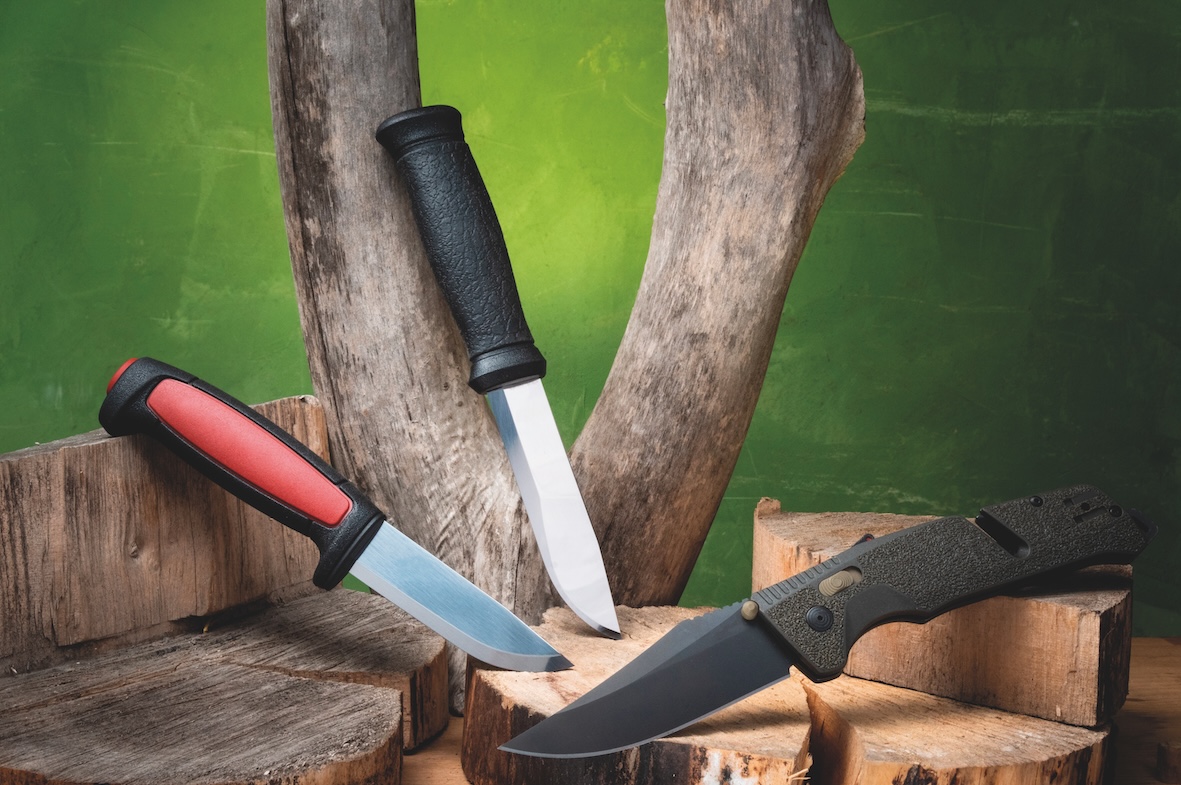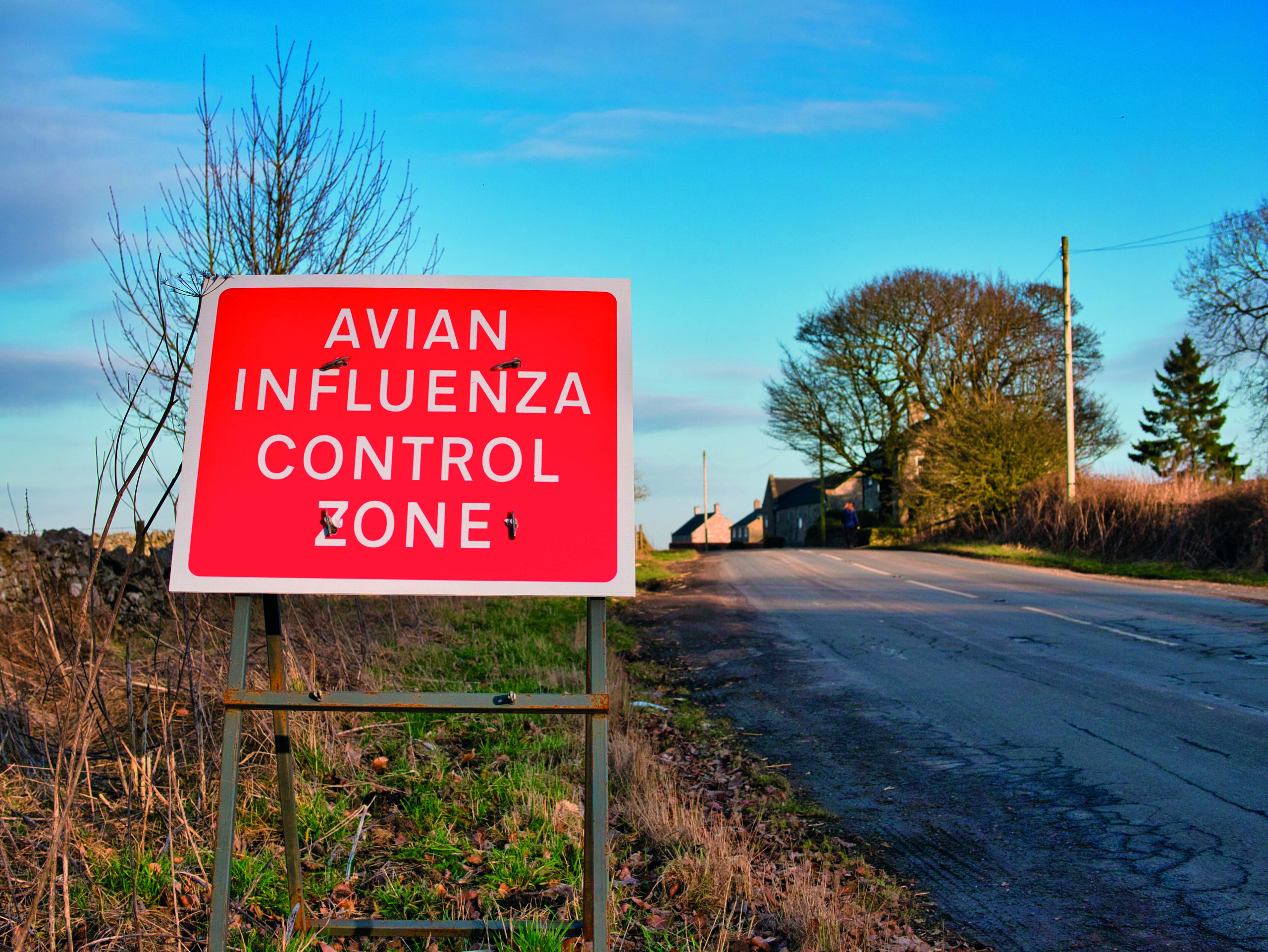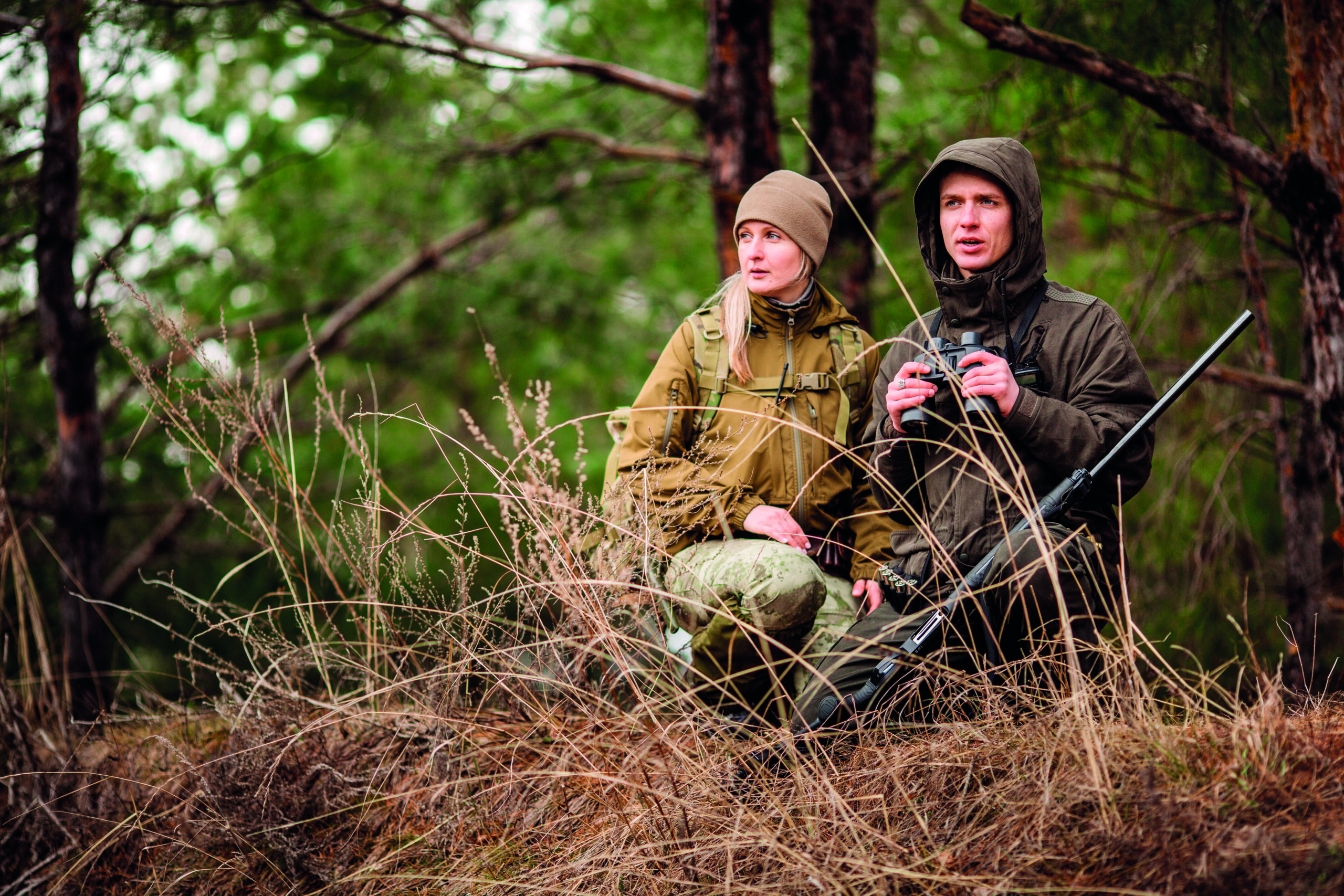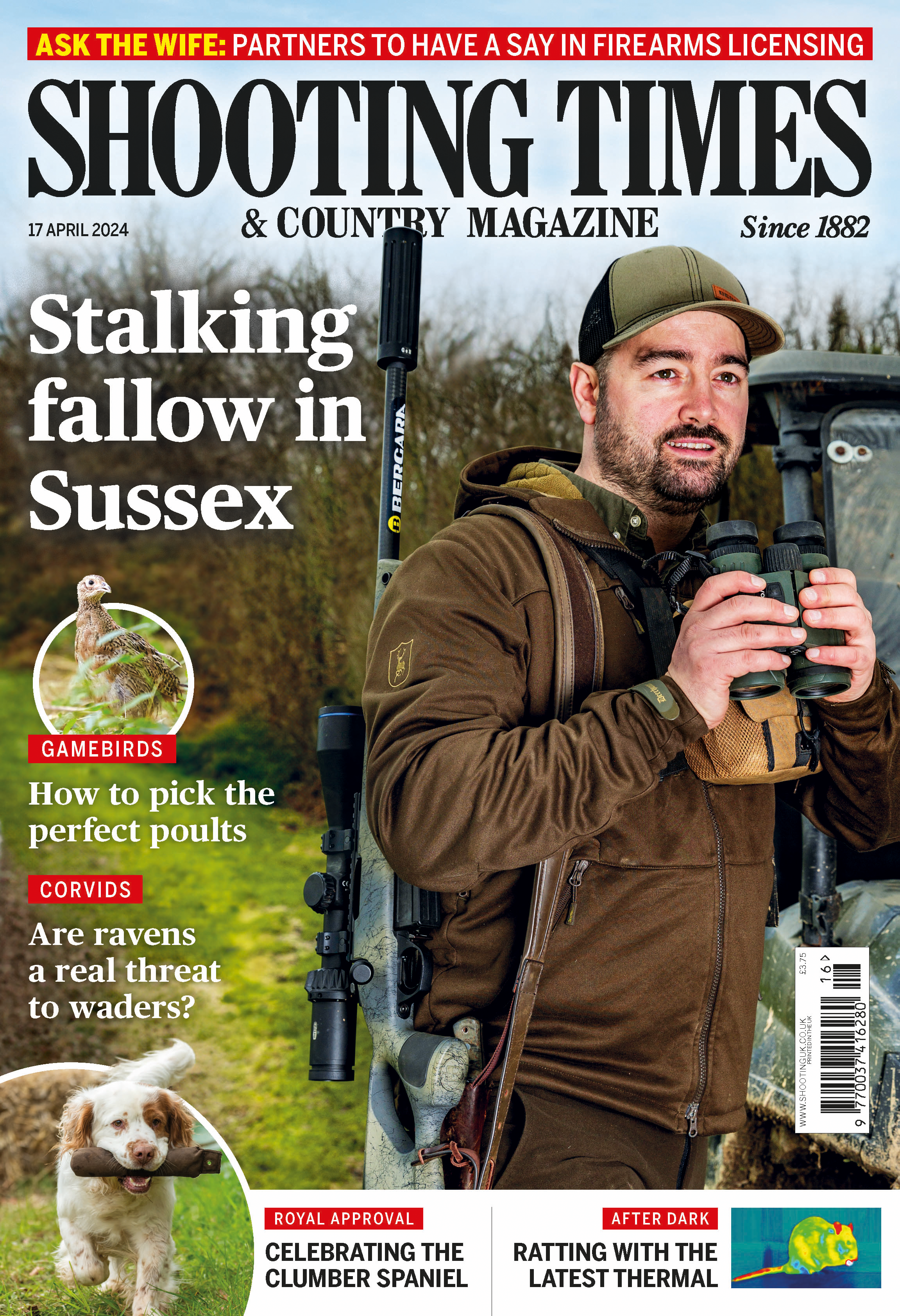Natural England issues buzzard control licence
The first licence for the control of buzzards to protect gamebird stocks was issued in April by Natural England, it was revealed last week following a Freedom of Information (FoI) request from the RSPB.
For security reasons, the location and name of the shoot was protected by Natural England in published documents.
The FoI revealed that the small farm shoot, which releases only several hundred poults annually, had experienced heavy losses over several years due to repeated predation of both pheasants and wild grey partridges.
It applied for a licence to control a small number of buzzards after exhausting all non-lethal methods.
The application was supported by the National Gamekeepers’ Organisation (NGO), which was prepared to seek a judicial review should it have failed.
In correspondence with Natural England in March, the NGO wrote: “We need to provide a legitimate route for those genuinely suffering serious damage as a result of increasing raptor populations. Unless a workable way forward can be found, there will simply be more problems, and, frankly, more wildlife crime.”
The licence allowed the shoot to destroy four nests and eggs for the purpose of protecting livestock between 23 April and 8 May this year.
The application was granted following extensive trialling of non-lethal methods recommended by Natural England.
This included diversionary feeding and habitat mitigation measures to protect released poults.
The applicant told Natural England: “The main effect of the diversionary feeding was to concentrate and keep raptors in the areas where the pheasants were, making matters worse.”
In the application paperwork, the shoot manager’s frustration with Natural England’s handling of previous applications was clear: “I am now under really serious pressure, from my farmers, from stress and from fellow countrymen, who think I am mad to carry on trying to address my problems via a legal route.”
He added: “By continuing to refuse me raptor control licences and by requiring yet more non-lethal, ineffective suggestions year on year, Natural England is on the brink of finishing my business and finishing me.”
An NGO spokesman said the organisation had fought hard for the application to be processed irrespective of public opinion.
“We believe the longstanding licensing process was correctly used in this case,” he said.
“A few buzzards had been consistently killing a large number of pheasants and all available non-lethal means to dissuade them had failed.
A small business was threatened as a result.
The licensing route available under the 1981 Wildlife and Countryside Act exists for exceptional circumstances such as these.”
He added: “Most birds of prey are now at or near record levels in the UK, so conflicts with game management, farming and wildlife conservation are bound to occur from time to time. Illegal persecution, which the NGO utterly condemns, can never be the solution. The licensing process, backed by law, is the correct way to resolve these conflicts.”
But RSPB conservation director Martin Harper said: “I think it is wrong for Natural England to issue buzzard control licences to protect commercial interests. It is wrong that there has been no public scrutiny of these decisions and it is wrong that we only heard of these decisions after the nests may have been destroyed.”
Despite Mr Harper’s views, on 9 May, the RSPB told the Standing Conference on Countryside Sports that it believes the bird licensing system in general is “robust and good” and that it accepts the licensed killing of cormorants to protect fisheries.
In 2011, Natural England issued more than 400 licences for killing 2,648 cormorants to protect fisheries — there are thought to be 10 times as many buzzards in the UK as there are cormorants.
Licences to control buzzards have been issued in accordance with the 1981 Wildlife & Countryside Act for many years for reasons other than to protect gamebirds — notably to control adult buzzards around airfields.
Say what you think in the Shooting UK forums!
Natural England issues buzzard control licence








